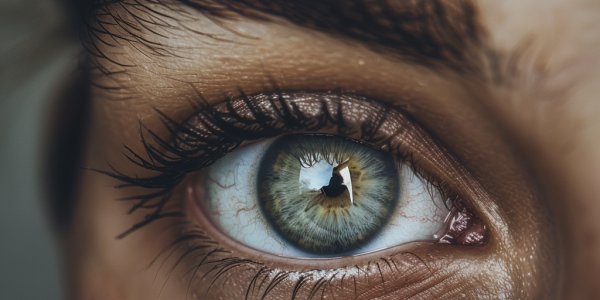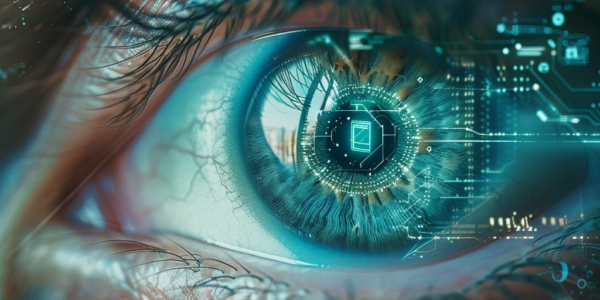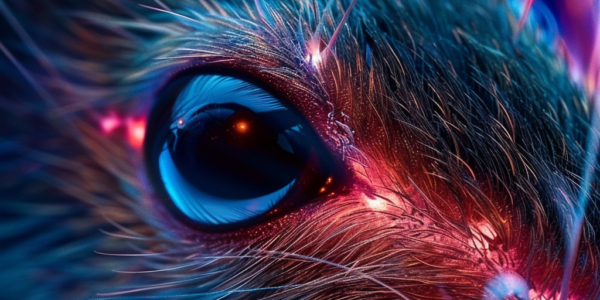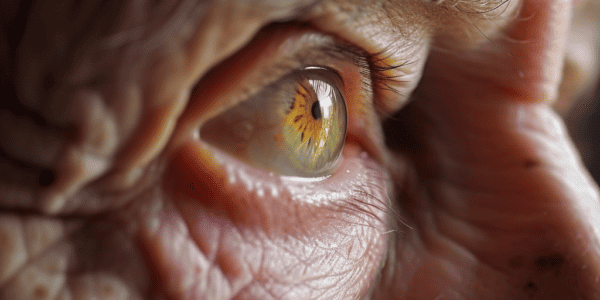Texas Woman Faces Blindness After Rare Eye Infection from Swimming with Contact Lenses
A 23-year-old Texas woman, Brooklyn McCasland, faces severe complications, including blindness, after contracting acanthamoeba keratitis, a rare parasitic eye infection linked to swimming with contact lenses. Her story emphasizes the critical need for contact lens wearers to follow safety guidelines to prevent infections and protect their eye health.
Study Links Weight-Loss Injections to Eye Condition Leading to Blindness
A recent study has found a concerning link between weight-loss injections and the development of an eye condition that can lead to blindness. Individuals with diabetes prescribed semaglutide were over four times more likely to develop non-arteritic anterior ischemic optic neuropathy (naion). The research, conducted by Harvard University, analyzed data from over 16,000 patients and revealed a significantly higher incidence of naion in those on semaglutide compared to other medications.
Nano-Scale Vision Implant Offers Hope for the Blind
The groundbreaking development of a nano-scale vision implant offers new hope for the blind, featuring ultra-small electrodes for enhanced visual perception. Utilizing a conducting polymer for longevity, the implant shows promising results in preclinical trials. Lead researcher Maria Asplund explains the implant’s functionality in creating a pixelated image, paving the way for future iterations with thousands of electrodes. This innovation marks a significant advancement in visual neuroscience, promising enhanced visual perception for the visually impaired.
Experimental Gene Therapy Restores Vision in Patients with Inherited Blindness
An experimental gene therapy has shown promising results in restoring vision for patients with inherited blindness. College student Olivia Cook underwent a CRISPR-based gene-editing treatment that significantly improved her vision, providing hope for advancements in science and vision restoration. Despite being experimental, the therapy offers hope for treating inherited retinal disorders and combating blindness worldwide.
Elon Musk Claims Neuralink’s Brain-Computer Chip Could Restore Sight in Blind Individuals
Elon Musk claims that Neuralink’s brain-computer chip technology has the potential to restore sight in blind individuals, citing successful tests on blind monkeys. The new product, Blindsight, aims to address vision impairment, with Musk expressing confidence in its capacity to significantly enhance visual capabilities. Emphasizing the safety of the technology, Musk stated that no monkey has died or been seriously injured by a Neuralink device. With FDA approval and ongoing advancements, Neuralink’s innovations hold immense potential for addressing medical conditions and improving human capabilities.
Managing Children’s Screen Time and Protecting Their Eyes in the Digital Age
Managing children’s screen time and protecting their eyes is a common concern for parents in today’s digital age. Dr. Pradeep Sharma, a paediatric ophthalmologist, explains that excessive screen time can contribute to the development of myopia, a prevalent eye condition among the younger population. Promoting healthy screen habits and incorporating regular breaks, such as the 20:20:20 guideline, is essential. Balancing screen time with other offline activities is key to preventing excessive screen exposure and protecting children’s eyesight.
Groundbreaking Study Shows Promise in Restoring Sight in Mice
Groundbreaking study in mice shows potential for restoring sight in individuals with damaged optic nerves, offering hope for treating conditions like glaucoma. Experts emphasize the need for further research to validate the approach’s effectiveness and ascertain its potential in treating blindness in humans. The study’s implications extend beyond ophthalmology, offering hope for individuals grappling with vision impairment and heralding a potential breakthrough in the field of vision restoration.
New Therapies Offer Hope for Preserving Eyesight in Age-Related Macular Degeneration
Learn about the latest therapies offering hope for preserving eyesight in later life for those with age-related macular degeneration (AMD), including treatments for both dry and wet types of AMD. From eye injections to nutritional supplements, new options are available to help manage this common cause of vision loss in seniors.








